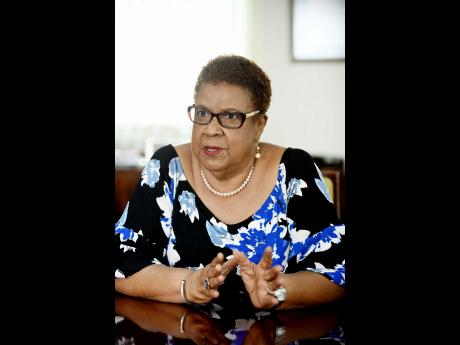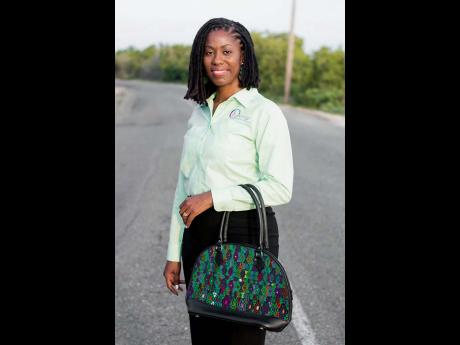Earth Today | Private sector awareness of 1.5 special report key to mobilising climate finance
WITH NEW and additional financial flows needed for climate-resilience efforts in Jamaica and the wider Caribbean community, it is essential that both the private sector and government get up to speed - and fast - on the recently approved Summary for Policymakers of the Special Report on Global Warming of 1.5 degrees Celsius.
This is the word from Eleanor Jones, Private Sector Organisation of Jamaica (PSOJ) member and managing director and consulting principal at Environmental Solutions Limited.
"This report is extremely important for the private sector, because it speaks to the state of the changing climate and the fact that the projections have been and are showing increasing levels of risk; and this is important for the private sector because businesses must take risk into account," she said.
"The private sector is an extremely important player in economic growth and sustainable development. Sustainable development, we want to remember, is about economic growth, but also social well-being and environmental protection, so the three things go together, and the private sector is a significant player in that. Therefore, the findings presented in the report are very instructive for the continuing operation and also the development of new enterprise," added Jones, who chairs the Energy, Environment and Climate Change Subcommittee of the PSOJ.
Indi Mclymont-Lafayette, a development communications specialist who has participated in the international climate talks as a civil society advocate and journalist over the years, agreed.
"The report is critical in terms of resource mobilisation and commitment from all countries. It is the opportunity to look at the climate financial flows, development funding, and how we can rework priorities with what the report is indicating, because it cannot be business as usual," she said.
"It also opens the door for private-sector engagement and opportunities for new business solutions and greater involvement in the green economy, including from our own local private-sector stakeholders," Mclymont-Lafayette, managing director for Change Communications, added.
"One of the gaps over the years has been that the private sector is slow to come on board in the climate fight, not realising the tremendous opportunities it presents for local and international impact. So engagement needs to begin so we can have concrete action," she said further.
The report has found, among other things, that "adaptation is expected to be more challenging for ecosystems, food and health systems at two degrees Celsius of global warming than 1.5 degrees Celsius (medium confidence). Some vulnerable regions, including small islands and least developed countries, are projected to experience high with multiple interrelated climate risks even at global warming of 1.5 degrees Celsius (high confidence)".
The severity of the situation is brought into sharp focus with a look at the devastation caused in various small island developing states of the Caribbean last year, due to a number of extreme hurricane events that cost lives and livelihood loss, and left billions of dollars in damage.
Extreme weather events are among the impacts of a changing climate.


